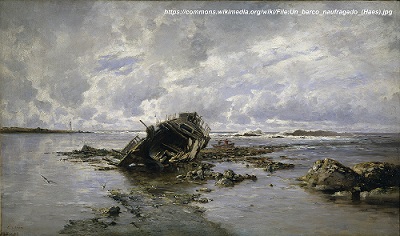Inhabiting the Classic, Constructing the Self: Translated and Translating Voices in Josephine Balmer’s Poetry
DOI:
https://doi.org/10.13130/2035-7680/8442Parole chiave:
Josephine Balmer, classical translation, elegiac poetry, Ovid, exile poetry, Salman RushdieAbstract
Creative translation and versioning of classical material is arguably a significant aspect of 20th-century poetry and continues to represent a driving force in 21st-century poetic production. A field reclaimed by classical scholars, translators and poets, this phenomenon has often provided the artists themselves with a rich ground for reflecting on their own poetical voice. The recontextualization of the classic in new poetry by means of creative translation will be explored through examples from the British poet Jospehine Balmer (b. 1959); like one of her Modernist models, Ezra Pound, Balmer has consistently absorbed classical translation into her own works, often blurring the boundaries between creative translation and original. Her trans-creative poetry raises the question about the use of the classical voice as a space to be both inscribed with personal experiences and employed as a distancing filter from the self. In her collection Chasing Catullus (2004) Balmer moves in and out of her autobiography by self-consciously “overwriting” her own memories through classical versioning. The Word for Sorrow (2009) approaches the themes of displacement and loss through the prism of Ovid’s exilic persona, combining the ancient poet’s voice with that of a British soldier who fought at Gallipoli and the self-conscious voice of the poet-translator. By borrowing Salman Rushdie’s metaphor of the migrant as a “translated man”, my contribution will also address translation as a trope of the writing self in Balmer’s hybrid works.Downloads
I dati di download non sono ancora disponibili.
Dowloads
Pubblicato
2017-05-20
Come citare
Trivellini, Samanta. 2017. «Inhabiting the Classic, Constructing the Self: Translated and Translating Voices in Josephine Balmer’s Poetry». Altre Modernità, fasc. 17 (maggio):64-81. https://doi.org/10.13130/2035-7680/8442.
Fascicolo
Sezione
Saggi Ensayos Essais Essays




